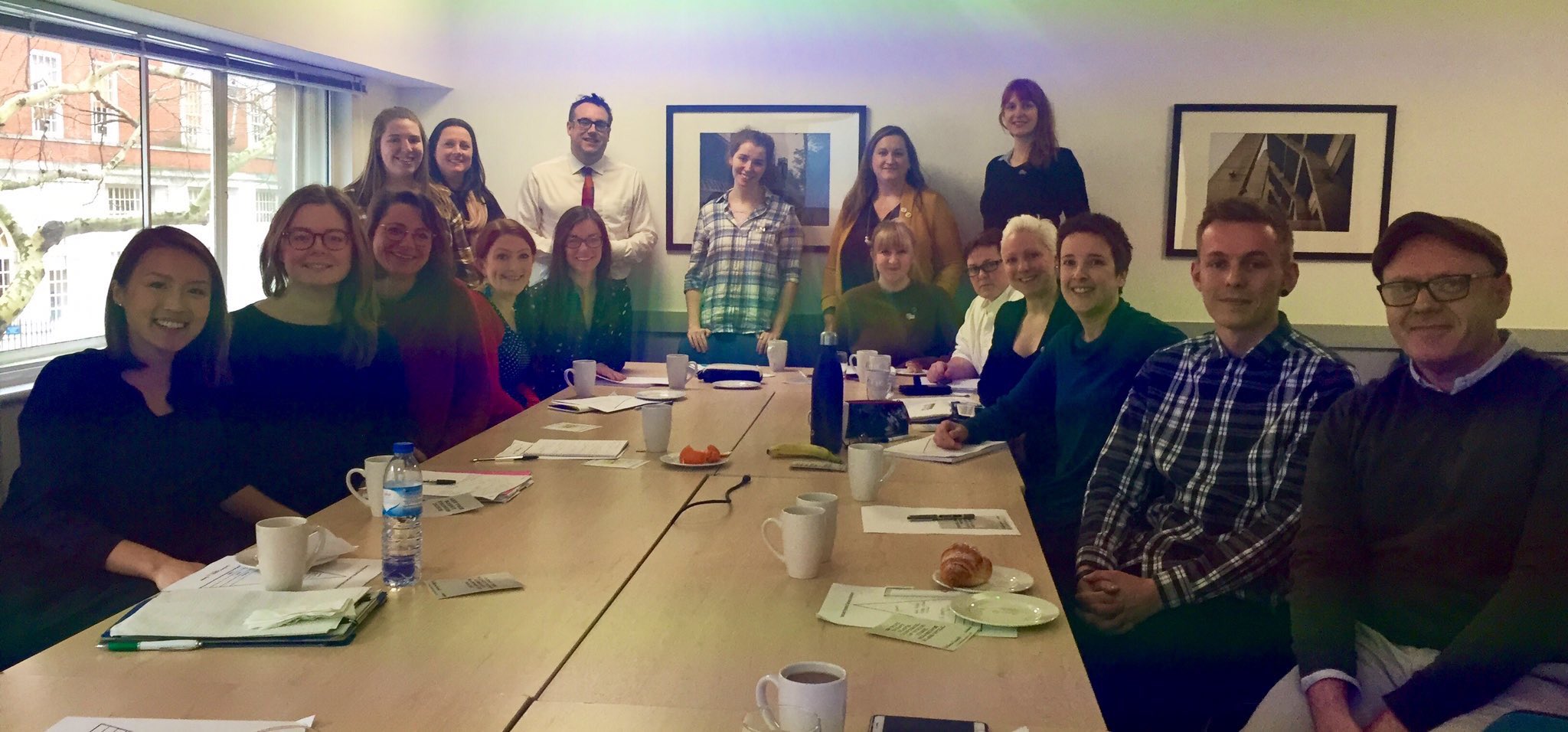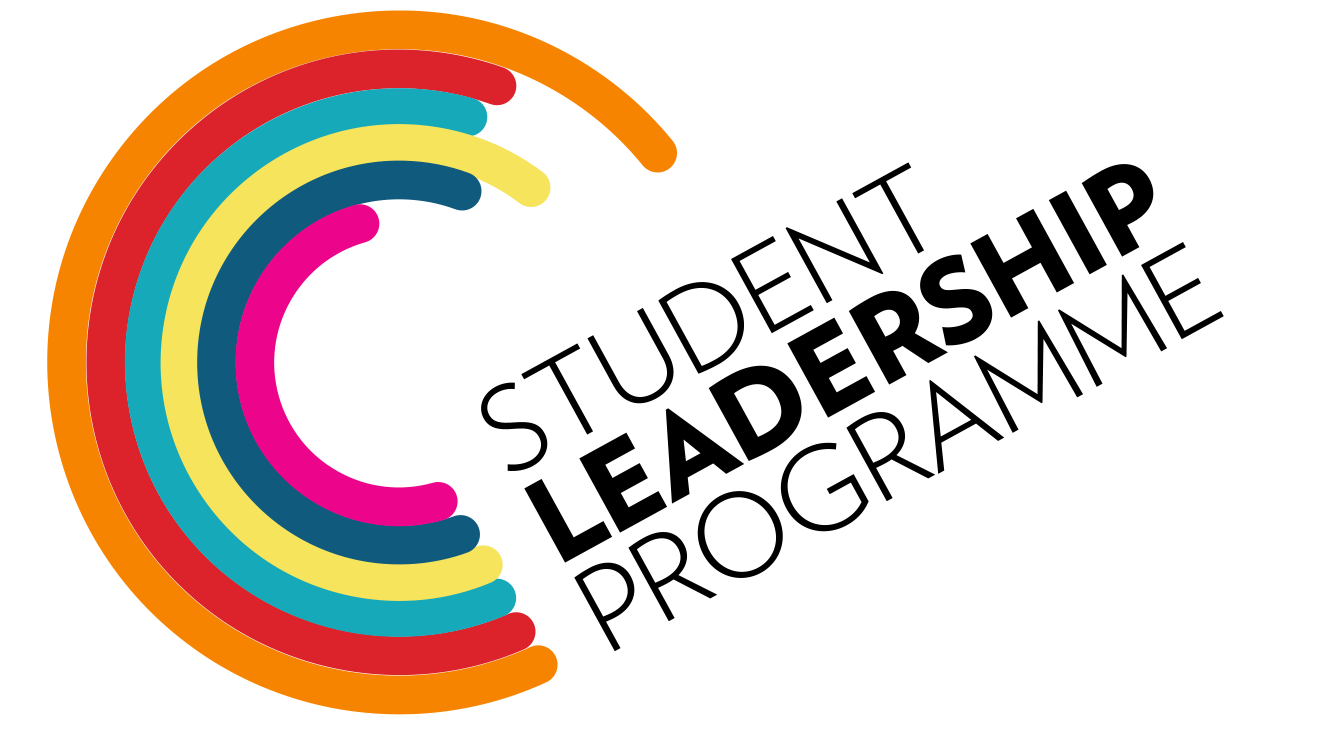Blog by Victoria Reynolds
On the 23 January 2019 I was privileged to be invited by the Council of Deans of Health to a special one-off leadership workshop Leadership Skills You Never Knew You Needed.
This was an intensive three-hour interactive workshop tailored especially to the #150Leaders, led by Dr Alex Clark and Bailey Sousa from the University of Alberta, Canada.
Bailey and Alex really encouraged us to consider what drives us- what is important to us, what our values are, and what are our goals? We were encouraged to consider how we maintain focus and consider what it means to have a priority- this is purposefully singular, as we were informed that the word priority means coming before all else, therefore the modern priorities is only an obstacle to allowing us to focus on that which comes before all else.
It was interesting to learn about methods of organising self and projects and I found it a comfort to know that some of the tools that I currently use, such as mind-mapping and calendar-keeping are methods strongly promoted.
As usual, the invitation to engage with and listen to the achievements, the obstacles, the learning experiences of my fellow #150leaders has been an excellent opportunity to reflect and take stock of the past 3 years as a student-nurse let alone the past 12 months as a #150leader.
At this critical and final period of my qualification academia could so easily become overwhelming and all encompassing, I am grateful to have had the opportunity to ask myself, and map out using their pictorial tool- the success pyramid: what is my goal? What am I working towards? Where do I want to be? Additionally we contemplated the foundations of this future focus, and we were encouraged to explore: when have I been a leader? what do I see as success? how do I measure achievement? What is failure? what do I value? and what is my priority? – this last point has been incredibly helpful already in my time management; recently when I have considered my tasks and I have been able to identify my singular priority, I have noticed how I have been more focused and more productive, and less inclined to be distracted by other things that are also important to me but do not contribute towards my priority.
As already mentioned, in this workshop we were asked to consider what we recognised as a failure? Perhaps during, but certainly soon after departing (most hastily to catch a train) I reflected upon this element of the session and asked myself: was my (unusually) low level of verbal engagement at this workshop a failure on my part? Had I ‘wasted a space’ at the table due to my lack of interaction? Or, had I in-fact achieved something great in my personal contemplation, not being afraid to do what felt more comfortable on this occasion, had I gained perspective and realisation of where my present self was at? …I shared my pondering and questioning with the workshop delegates via our usual social networking platform, enquiring was my lack of verbal contribution failure? Or, had I clutched an opportunity to allow the right input at the right time to lift my blindfold and coach me how to hone my skills, showcase my strengths, use positive reflection and enable me to manage all the aspects- including my own behaviours and personal challenges, to understand what makes me a happy academic?

For more information about the theories and coaching of Bailey and Alex, please see their website.
Vicky Reynolds Sept. ’16 Nursing (Children’s) University of Worcester
